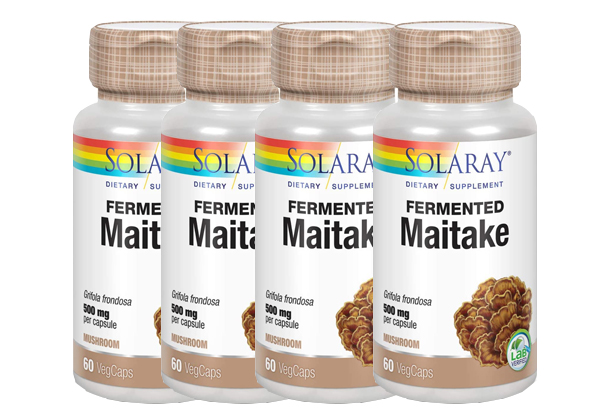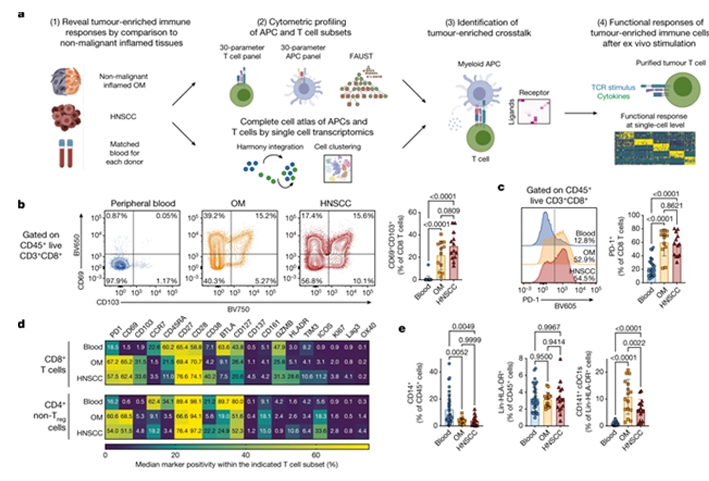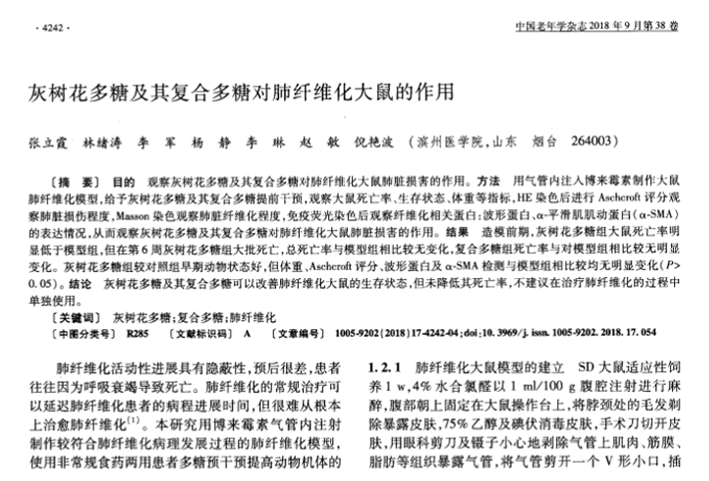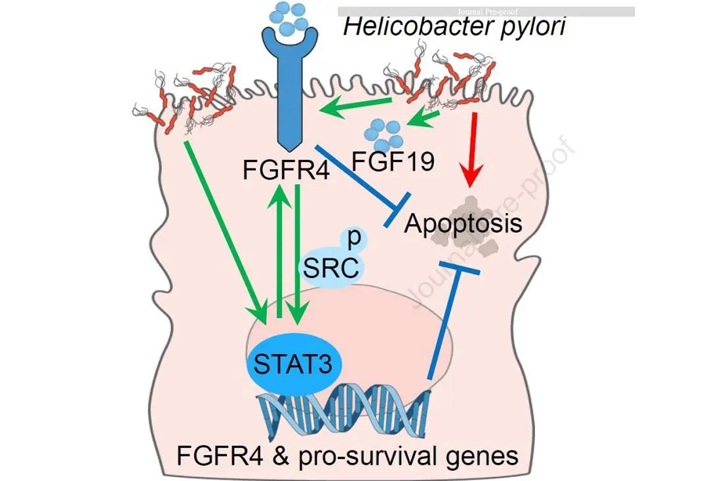On August 3, 2022, the population science department of the American Cancer Society (ACS) published a research achievement entitled "key risk factors for the relative and absolute 5-year risk of cancer to enhance cancer screening and prevention" (Figure 1) [1]. The results showed that older age and smoking were the two most important risk factors associated with the relative and absolute risk of developing any cancer at 5 years.

Figure 1 research results (source: [1])
This study included participants in two prospective observational cohort studies of ACS: Cancer Prevention Study II Nutrition Cohort (cps-iinc, n = 184183) and cancer prevention study-3 (cps-3, n = 303682), which were conducted between 1992-2006 and 1993-2013, respectively. Two cohorts were used to identify risk factors associated with an absolute risk of > 2% for any cancer within 5 years. A total of 429991 participants without a personal history of cancer underwent up to 5 years of cancer follow-up. Multivariable Cox proportional hazards models were used to estimate the hazard ratios and 95% confidence intervals of associations. By using these risk ratios, individualized consistent absolute risk estimates were used to calculate absolute risk by age.
The results show that:
The most frequently diagnosed cancers within 5 years: breast cancer in women and prostate cancer in men
Within 5 years after enrollment, a total of 15226 invasive cancers (7730 males; 7496 females) were reported. Among these cancers, 57% of men and 50% of women are cancer types with established screening paradigms, among which the most frequently diagnosed cancers are breast cancer in women and prostate cancer in men. Among the cancers that were not screened at the time of inclusion in the two teams, the most frequently diagnosed cancers were female uterine cancer and male lung cancer.
Smoking is the strongest factor associated with cancer risk
Among the associations between all potential risk factors and cancer risk, current smoking was the strongest (HR, 1.63; 95% CI, 1.51-1.77 for men; HR, 1.55; 95% CI, 1.43-1.68 for women). In men, a statistically significant association between family history of cancer, alcohol intake, red meat intake and physical activity was also observed; In women, BMI (body mass index), type 2 diabetes, family history of cancer, current use of estrogen and progesterone and exogenous postmenopausal hormones, hypertension, hysterectomy, birth times and tubal ligation were statistically significant.
Smokers' risk of cancer within 5 years: 29% for men and 25% for women aged 50 or above
Regardless of the risk factors, almost all men and women aged 50 or above have an absolute risk of developing any cancer of ≥ 2% within 5 years. In terms of certain risk factors, it is as high as 29% for men and 25% for women. In addition, within a given 5-year-old age range, the absolute ratio difference is about 2.5 times for men and about 4 times for women according to the risk factor profile. Among men under 50 years of age, the risk of current smokers was 2.7% among men aged 45 to 50 years who were simultaneously exposed to all other risk factors (heavy drinkers with a family history of cancer who did not limit red meat intake and did not exercise); In women, from 35 to 40 years of age, the absolute risk of recent smokers combined with various other risk factors was ≥ 2%. In addition, among some women who have recently smoked, based on other risk factors, the absolute risk between the ages of 40 and 45 is as high as 3.8%, while the absolute risk between the ages of 45 and 50 is as high as 5.8%.
Non smokers' risk of cancer within 5 years: less than 19% for men over 50 years old and ≥ 2% for women aged 45-50 years old
In men who have never smoked or quit smoking for ≥ 30 years, diabetes and family history of cancer increase the risk of cancer. Among women who have never smoked or quit smoking for more than 30 years, BMI, family history of cancer and parity are most closely related to cancer risk, followed by hypertension, current combined use of postmenopausal hormones, hysterectomy and tubal ligation.
The absolute risk of any risk factor for men under 50 years of age who have never smoked or have smoked for a long time does not exceed 2%. At older ages (up to 80 to 85 years), the absolute risk of never smoking or having smoked for a long time never exceeded 19%. Among women who never smoked or quit smoking for ≥ 30 years, the absolute risk of almost all risk factors starting from the age of 45 to 50 years was ≥ 2%, which indicates that non-smokers bear the risk of other risk factors. At older ages (up to 80 to 85 years), the absolute risk of never smoking or having smoked for a long time never exceeded 17%.
This study found that the most important risk factor for developing cancer within 5 years after the age of 50 was smoking history. For never smokers (or those who quit long ago), BMI and family history of cancer are the most influential factors for cancer occurrence. In addition to age, clinicians should also consider smoking history, BMI, and family history of cancer when helping patients determine whether they may benefit from cancer screening and prevention interventions.
The strength of this study lies in its large scale, detailed data and coverage of a wide range of risk factors, including those included in the previous assessment of population attributable risk. Limitations include the lack of data on each risk factor included in disease risk or all factors that primary care physicians may want to consider; Another limitation is that there may be different degrees of random systematic error when measuring different exposures (such as diet), but this will not significantly change the results, because previous studies of the CPS cohort have demonstrated the predictive validity of all exposures; Finally, there were only 860 cancers (5% of the total) among non White participants, so it was not possible to examine the risk stratified by individual race / ethnic group.
Reference material:
[1]Patel AV, Deubler E, Teras LR, et al. Key risk factors for the relative and absolute 5-year risk of cancer to enhance cancer screening and prevention. Cancer. 2022 Aug 3. doi: 10.1002/cncr.34396. Epub ahead of print. PMID: 35920750.
Source link:
https://www.medsci.cn/article/show_article.do?id=414ce3648673












